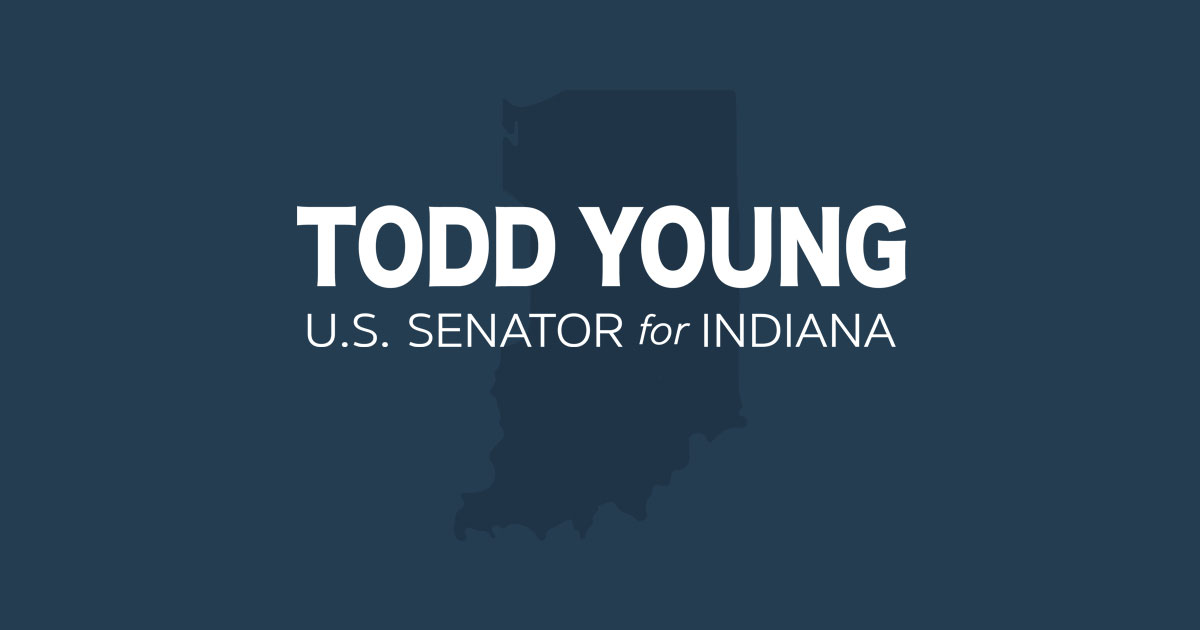Source: United States Senator for Indiana Todd Young
WASHINGTON – U.S. Senators Todd Young (R-Ind.), Brian Schatz (D-Hawai‘i), Susan Collins (R-Maine), Patrick Leahy (D-Vt.), and Bill Cassidy, M.D. (R-La.) introduced legislation to help communities plan for and recover from major disasters. The Reforming Disaster Recovery Act would strengthen the U.S. Department of Housing and Urban Development’s (HUD) disaster recovery grants for states, local governments, and tribes. This legislation would also improve coordination at the federal level by establishing an office within HUD that would be devoted to disaster recovery and resilient communities.
“Our legislation would streamline, reform, and inject greater fiscal responsibility into the broken CDBG Disaster Recovery Program,” said Senator Young. “This is a response to reports from the Government Accountability Office and HUD’s Office of Inspector General recommending Congress permanently codify the program to avoid funding lags and rid duplicative requirements in the wake of a disaster.”
“Right now, the law mandates that communities in crisis wait for Congress to pass a disaster funding bill before they can even apply for help from HUD. This bill changes the law so they no longer have to wait. As soon as a disaster strikes, HUD can help communities begin the process of recovery,” said Senator Schatz.
The bill addresses long-standing recommendations from the HUD Office of the Inspector General and Government Accountability Office to establish a permanent and predictable funding process. The bill accelerates assistance to disaster-impacted communities by:
- Creating a disaster recovery fund to allow HUD to predictably assist communities without waiting for Congress to act on each event;
- Authorizing HUD to issue regulations to codify program requirements and reduce unnecessary red tape, delays, and unpredictability that stems from the current Federal Register notice process;
- Supporting resilience as a part of – rather than separate from – disaster recovery;
- Authorizing “quick release” funds to support grantee capacity right after an event; and
- Reducing unnecessary administrative burdens and interagency requirement conflicts.
The full bill text is available here.
###
